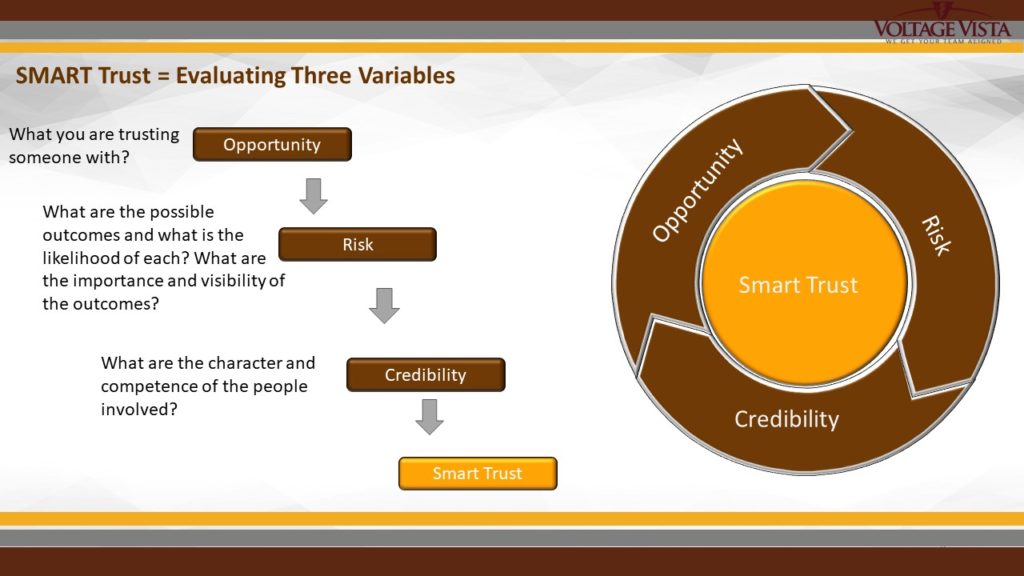Are You Afraid To Practice?

In everything that we do in life, we know repetition helps us get better (regardless of your position on the nuances on the 10,000 hours rule. If you don’t know what I’m talking about google “Malcolm Gladwell 10,000 hours controversy or message me for the Readers Digest version of the drama. But how do leaders practice? If you read any story about an expert’s mastery process, you hear about the mistakes and setbacks, but it always seems like those leaders are working in a vacuum or in a setting where the impact of their practice failures is blunted. Who among us can risk the time, resources, and our reputations on continuous trial and error?
While none of us has the luxury of inconsequential failures, we know that to run from mistakes is to run from innovation. Yet, this reality doesn’t temper the stress and anxiety associated with acknowledging and addressing things that did not go well or as planned; however, better managing our time, fears, and building our sense of emotional intelligence would go a long way.
What’s more is that our improvement in these three areas will help us at work and in our personal lives. Whether we admit it or not, we only behave differently at work than at home because the consequences are different, not because we think or feel differently.
Relative to time, fear, and emotional intelligence, fundamental leadership commitments help you resist snap judgments and the often quick and ineffective decisions that make tough circumstances harder and riskier. How would adopting these personal leadership commitments (see below) impact your leadership style? Which commitment do you think your team would notice first or most? If you had these leadership habits, would it be easier for you to accept risks and undertake the critical evaluation process that is pivotal to better organizations and your expertise (without evaluation, it is impossible to “fail up”)?
-
Leadership Commitment 1: regularly clear your calendar. Insist on time to think and focus.
-
Leadership Commitment 2: be relentless about your team’s and organization’s priorities and align everything to focus on them. This means some challenges will be known as “low or lower priority items”.
-
Leadership Commitment 1: find ways to communicate to the entire team what the benefits and consequences are and frame those outcomes in terms that translate into mutual accountability. Use the principles of Smart Trust, especially if you’re concerned about failures by particular individuals based on previous experiences.

- Leadership Commitment 2: mitigate the stress practicing, innovation, change and the unknown with more front risk assessment and by articulating what you need to make a good decision, a better decision, and the best decision. Increased confidence is always worth its price.
Emotional Intelligence
- Leadership Commitment 1: know thyself and what makes you feel effective and successful in your role. What are your behavior patterns when you’re uncertain and anxious?
- Leadership Commitment 2: know your organization’s culture and plan for reputation management. Going into uncertain territory with a game plan is effective risk management.
Finally, here’s what I also know: the leaders that I work with are brilliant, know many of the common leadership theories, and are up to snuff on the best practices for their respective industries and specialties. Unfortunately, the day-to-day of many work places create an environment where leaders believe they are so busy that they don’t have time to think, focus, or reflect. Second, we know that there are gaps between theories, the best practices that were gleaned from other organization’s experiences, and our specific realities; yet we fear the time expended toward studying the gaps (analysis by paralysis as well as urgent deadlines). The pressure to do things quickly and to always be busy undermines the “practice” that is makes experience worth having. It also places the emphasis on “churn” rather than improvement, which creates chronic stress for leaders and their teams. We reject this toxic approach to work by insisting on what we need to function well and embracing the reality that leadership is the work of the mind.





